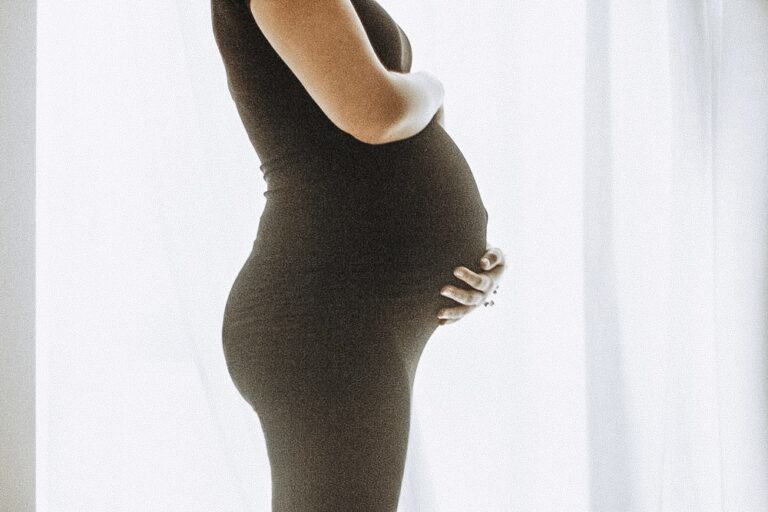
Does a Surrogate Share DNA With The Baby? – Surrogacy Epigenetics
One question that often looms large in discussions about surrogacy is “Does a surrogate share DNA with the baby she carries?” This question is not just a matter of scientific curiosity; it holds emotional and ethical weight for intended parents. In this enlightening blog post, we will delve into the intricacies of genetics and the emerging field of epigenetics to provide a well-rounded answer to this pivotal question.
The DNA Debate: Setting the Record Straight
Let’s get straight to the point: In gestational surrogacy, the surrogate does not share her DNA with the baby. The embryo implanted into the surrogate’s uterus is created using the intended parents’ or donors’ egg and sperm. Therefore, the genetic material—the DNA—is not from the surrogate.
Surrogacy Epigenetics: The Unsung Hero of Surrogacy
While the surrogate doesn’t contribute to the baby’s DNA, she plays a significant role in the child’s epigenetic development. Epigenetics refers to changes in gene expression that do not involve alterations to the underlying DNA sequence. Factors such as the surrogate’s lifestyle, diet, and stress levels can influence these epigenetic markers.
How Epigenetics Works in Surrogacy
During the nine months of pregnancy, the surrogate’s uterine environment can affect the baby’s epigenetic profile. For instance, a nutritious diet rich in folic acid can positively impact the baby’s neural development. Conversely, exposure to stress or harmful substances can leave epigenetic “marks” that may have long-term consequences.
Common Misconceptions
- Does the baby inherit traits from the surrogate?
No, the baby does not inherit genetic traits like eye color, intelligence, or susceptibility to certain diseases from the surrogate. However, epigenetic factors can influence the child’s long-term health and development.
- Can epigenetic changes be reversed?
Some epigenetic changes are reversible, while others may have a more lasting impact. Research in the field of epigenetics is ongoing, and scientists are exploring ways to understand and potentially reverse harmful epigenetic changes.
Understanding the role of surrogacy in epigenetics can offer peace of mind to intended parents and surrogates alike. While a surrogate does not share her DNA with the baby, her contribution to the child’s epigenetic development is invaluable.
Interested in becoming a surrogate? Contact us today.









